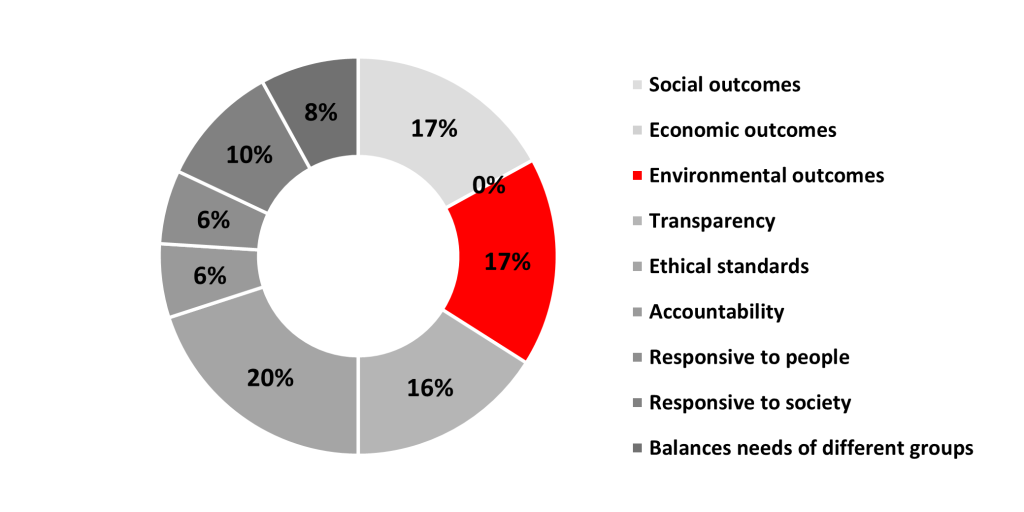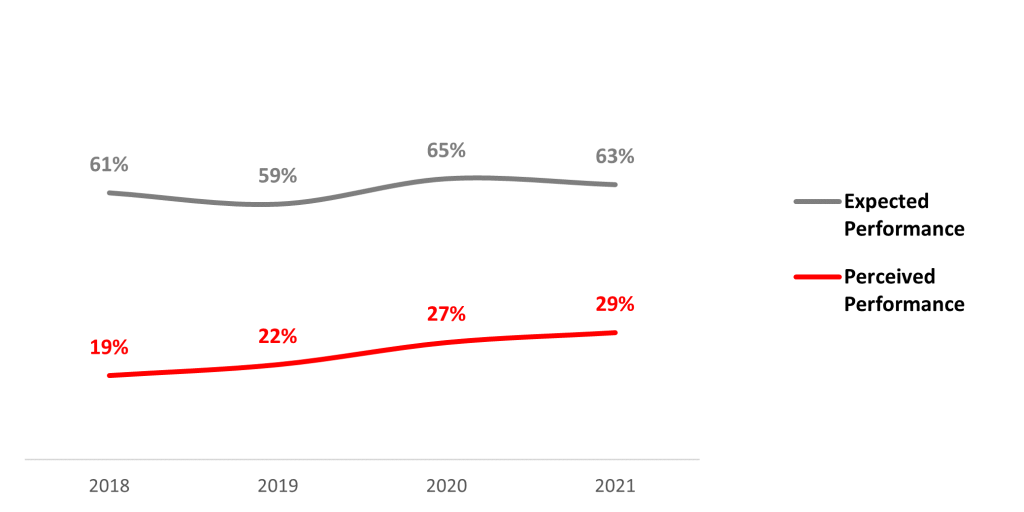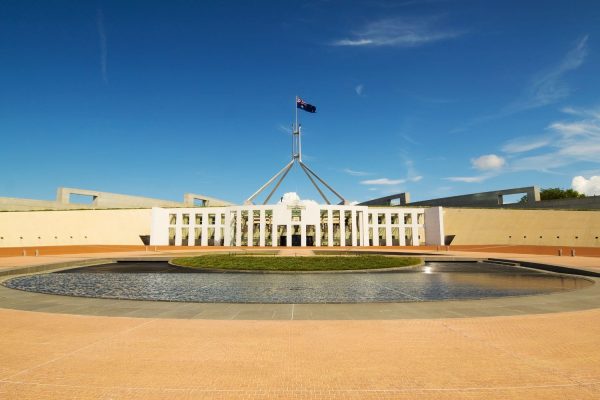Written by Dr Vlad Demsar, Dr Sam Wilson and Dr Melissa Wheeler.
The Australian energy sector is undergoing a significant period of destabilisation and transition
Australia has come under international criticism for the carbon emission reduction targets set out in the Long-Term Emissions Reduction Plan, with most saying that the net zero by 2050 target is neither fast nor aggressive enough. In recent months, however, with NewsCorp changing its stance on climate change reporting, and public discourse around climate change accelerating, the private sector faces significant pressures to take climate action.
The energy sector, which features some of Australia’s biggest polluters, is starting to respond to public and investor pressure, with two major announcements this week. First, Australian energy company Origin Energy announced it will close its Eraring Power Station, a 2.8GW black coal plant, in 2025, seven years earlier than scheduled. Second, AGL rejected an initial takeover bid from Brookfield Asset Management and Atlassian co-founder Mike Cannon-Brookes’, which aims to bring forward AGL’s exit from coal-fired power. Some have called these events a ‘watershed moment’ for the energy industry in Australia, but their impact on public perceptions of leadership is yet to be determined. The question remains, can bold climate action statements, such as these, convince the Australian public that national corporations are focused on leading for the greater good?
Institutional action on climate change could lift negative perceptions of leadership amongst Australian energy corporations
Environmental outcomes are a significant predictor of public perceptions of leadership for the greater good. Modelling from the Australian Leadership Index, the largest ever research study of leadership in Australia, by Swinburne University of Technology, has shown that business leaders’ focus on ‘producing positive environmental outcomes’ accounts for around 17% of the total variance in public perceptions of leadership for the greater good in the private sector (see Figure 1 below). This suggests that focusing on the creating positive environmental outcomes, such as taking more aggressive action on climate change and amplifying the focus on renewable energy, could influence public perceptions of business leadership for the greater good.
Figure 1: Drivers of leadership for the greater good in the private sector

Despite this, however, large national corporations, such as Origin and AGL among many others, have continued to strongly underperform in this area over the last three years. Longitudinal data from the Australian Leadership Index (depicted in Figure 2) shows several interesting trends between 2018 and 2021.
Figure 2: Environmental outcomes, expected vs perceived performance over time for national corporations

Positively, the proportion of Australians who believe that large national corporations are producing positive environmental outcomes has increased between 2018 (19%) and 2021 (29%). However, the finding that less than one third of the population believe that large national companies are focused on creating environmental value is, in fact, relatively low. The poor performance of business on this metric of leadership for the good is especially apparent when viewed in the context of the 63% of Australians that expect these influential and iconic companies to protect and preserve the environment (a gap of -34 percentage points). These numbers also align with other global surveys, which suggest that 62% of consumers say that it is now more important than ever that companies behave in a sustainable and eco-friendly way. Given that environmental outcomes are a significant predictor of public perceptions of leadership, there is an opportunity for national corporations, like Origin and AGL, to demonstrate to the public that they are stewards of the greater planetary good and genuinely committed to decarbonisation.
Bold moves, such as the proposed takeover of AGL, provide an impactful statement of intent when it comes to climate action in the private sector. The announcement of the takeover alone, was enough to increase the share price of AGL and has sent shockwaves through the Australian energy sector. As such, this demonstrates how powerful institutional leaders, such as Mike Cannon-Brookes, can be in generating positive environmental outcomes and influencing public perceptions of leadership for the greater good. It demonstrates that that leadership for the good is about more than simply leadership style but also about the existential goals upon which leaders aim and the institutional collaborations they fashion to achieve these goals. But this is not enough. To keep the momentum going, consumers must support brave institutional climate action with their own leadership behaviours.
How can consumers support bold institutional climate action through individual leadership behaviours?
Individual contributions can occur in three ways. Firstly, consumers should vote with their wallets when selecting energy providers. Corporations that invest more aggressively in renewables and show commitment to decarbonisation should be rewarded by consumers for their efforts and expenditure. This calls attention to the overlapping and interlocking responsibilities of formal leadership by positional leaders and the everyday, informal leadership of citizens. Secondly, consumers can assert more control by purchasing shares in energy companies, transforming themselves from distal stakeholders that companies have a moral duty to consider into shareholders that companies have a fiduciary duty to serve. Investor and shareholder pressure can shape the decision making of energy company boards and help to steer decision making in the right direction on decarbonisation strategy. Finally, consumers and the media must continue to apply pressure to companies that refuse to take action on climate change, as well as critically examining the greenwashing and behind the scenes lobbying that militates against genuine change. Along with changes in purchasing behaviour and increasing investor pressure, public discourse can contribute to a faster transition toward renewable energy and further encourage private sector companies to focus on producing positive environment outcomes. This may be of particular importance today, as news of the pandemic continues to draw our attention away from the environment.




